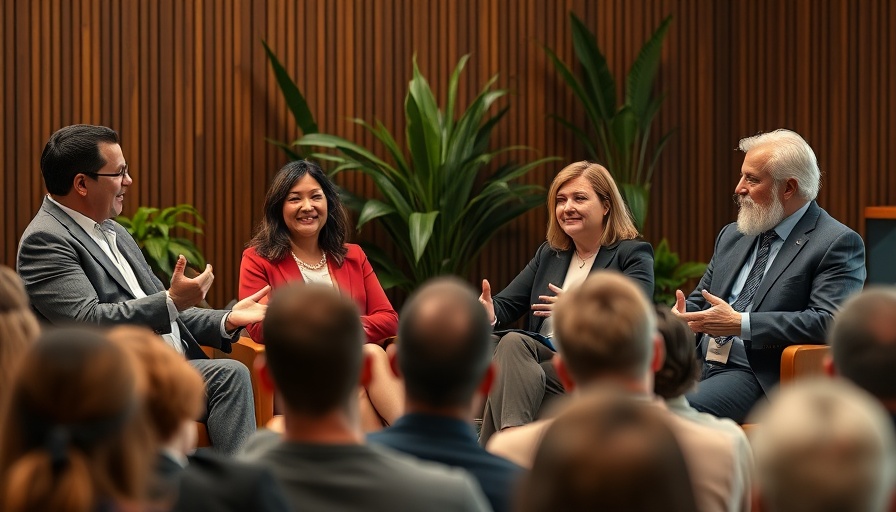
The Growing Concern of Social Media Use Among Children
As the digital landscape continues to evolve, the impact of social media on children has drawn significant concern from parents, educators, and lawmakers alike. The disturbing reality of children's mental and emotional well-being in relation to social media use has become a focal point for discussions. In response, some tech companies are actively developing solutions to foster healthier online habits among the younger generation before they are exposed to the darker sides of social media.
Innovative Approaches by Tech Companies
Tech firms like Life360, Yondr, and Yoto are part of a new wave aiming to provide children with safer digital experiences that focus on balance rather than excess. Tom Ballhatchet from Yoto emphasizes their mission is not anti-technology. Instead, they aim to give kids control of their content with devices that allow them to engage in storytelling and educational podcasts through physical cards—keeping screens out of the mix and mitigating distraction.
Life360 is further utilizing technology to enhance children's independence, allowing them to play and explore while providing parents real-time tracking capabilities. Lauren Antonoff, COO of Life360, underscores the device as a tool for independence rather than a constant interface, encouraging children to live their lives with technology acting as a safety net rather than an anchor.
Creating Safe Engagements Through Boundaries
Jennifer Betka of Yondr advocates for educating children about digital space safety while minimizing early exposure to addictive platforms. By incorporating their pouches in schools, children can learn to engage socially without the constant stimuli of their phones, fostering a more balanced relationship with technology.
The Future of Children's Interaction With Technology
With increasing awareness around the repercussions of digital exposure and social media addiction, the innovations from these companies signify a positive shift towards healthier tech interactions for children. As more families and educators push for these changes, we could see a transition in standards for children's technology use, prioritizing their mental health and fundamental social skills.
In light of ongoing discussions and the pressing need for responsible technology use, we encourage parents, educators, and administrators to take action in incorporating tools and strategies that nurture a balanced relationship with technology, paving the way for a healthier digital future for children.
 Add Row
Add Row  Add
Add 

 Add Row
Add Row  Add Element
Add Element 




Write A Comment